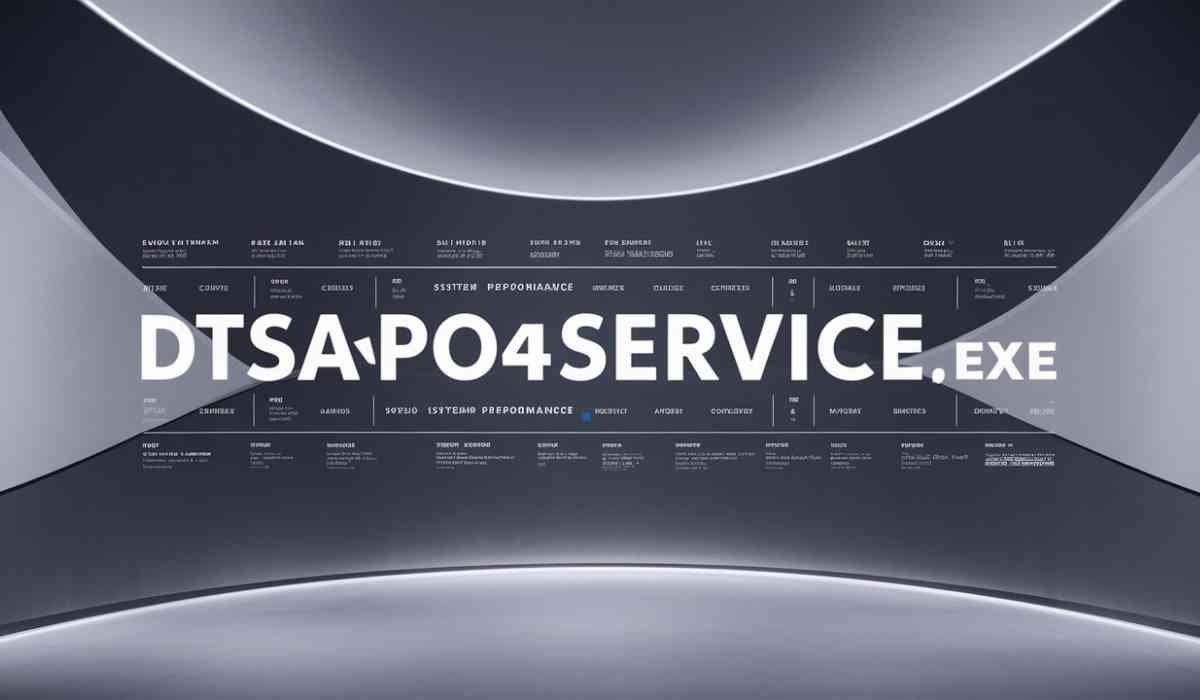Financial risk isn’t just about market swings. It shows up in everyday operations—billing errors, weak controls, inaccurate reporting, and compliance gaps. Expert oversight brings discipline, independence, and proven methodologies to reduce these risks before they become costly problems. Below are seven practical, research-backed ways professionals help organizations strengthen financial health and decision-making.
1) Independent audits enhance credibility and catch blind spots
External reviewers bring objectivity that internal teams can’t replicate. Independent audits test controls, verify balances, and validate reporting assumptions, helping to uncover misstatements or process gaps. For example, studies consistently show that audited financial statements are associated with lower borrowing costs because lenders place greater trust in audited data. Even limited-scope reviews can surface control weaknesses that, once remediated, reduce error rates and improve forecasting accuracy.
Tip: Schedule a recurring financial statement audit or review, and implement a formal remediation plan for any noted deficiencies.
Note: Organizations in Utah seeking financial audit services in St. George, Utah can find experienced regional firms that understand local regulatory expectations and industry norms.
2) Strong internal controls reduce error and fraud risk
Expert oversight often starts with a controls assessment—segregation of duties, approval thresholds, reconciliations, and access controls. The Association of Certified Fraud Examiners (ACFE) reports that weak controls are a top factor in occupational fraud; organizations with robust controls detect issues faster and lose less. Implementing dual approvals for high-value payments, monthly bank and subledger reconciliations, and role-based system permissions dramatically lowers the likelihood of misstatements and unauthorized activity.
Tip: Map each critical financial process end-to-end and identify a control owner, control frequency, and evidence retained.
3) Policy standardization improves consistency and compliance
Ambiguous policies create room for inconsistent decisions and budget leakage. Experts help draft or update accounting policies (revenue recognition, capitalization thresholds, expense policies) and align them with GAAP or applicable frameworks. Consistent policies ensure departments apply the same rules, which reduces rework during close and audit cycles and minimizes compliance risk—particularly important for organizations working with grants or public funds.
Tip: Maintain a centralized, version-controlled policy library and require annual attestations from process owners.
4) Data-driven monitoring detects anomalies early
Specialists use analytics to monitor transactions at scale. Simple techniques—exception reports, trend analysis, and threshold alerts—can flag duplicate payments, unusual vendor activity, or inventory variances. More advanced approaches apply statistical outlier detection or machine learning to highlight patterns that merit review. Early detection limits the financial impact of errors and accelerates root-cause remediation.
Example: Running a monthly duplicate-invoice check on AP data often yields immediate savings and strengthens vendor master hygiene.
Tip: Start with three high-impact analytics: duplicate payments, late/early revenue recognition outliers, and unmatched cash receipts.
5) Faster, cleaner closes improve decision quality
A disciplined month-end close supported by expert-designed checklists shortens timelines and improves accuracy. Organizations that implement close calendars, task ownership, and pre-close reconciliations typically cut days from the close while reducing post-close adjustments. Faster access to reliable results helps leadership make timely pricing, hiring, and investment decisions—reducing the risk of acting on stale or incorrect information.
Tip: Adopt a “continuous close” mindset—reconcile key accounts weekly and lock cutoff dates across departments.
6) Scenario planning and stress testing reduce surprises
Oversight isn’t just retrospective. Finance experts build rolling forecasts, scenario models, and cash-flow stress tests to evaluate the impact of revenue volatility, interest rate increases, or supply chain constraints. This planning surfaces vulnerabilities—such as covenant risks or liquidity gaps—so teams can line up credit, adjust spend, or renegotiate terms in advance.
Example: A quarterly downside case that models a 10% revenue dip and 200 bps interest rate increase can guide proactive working capital moves.
Tip: Maintain at least three scenarios (base, downside, upside) and link them to clear operational triggers.
7) Governance and training create durable risk discipline
Even the best controls fail without accountability and skills. Oversight includes establishing governance structures—finance committees, risk registers, issue tracking—and equipping teams with training on policies, fraud awareness, and system use. Organizations that embed risk management into regular operations see fewer control failures and faster remediation when issues do occur.
Tip: Track risk issues with owners, due dates, and status; review progress at a monthly governance meeting.
Where to get help locally: If you operate in southern Utah, consider engaging financial audit services in St. George, Utah to bring independent assurance, controls expertise, and data-driven monitoring to your finance function. Local firms can also advise on Utah-specific requirements for municipalities, nonprofits, and private enterprises.
Well-implemented expert oversight does more than prevent problems—it pays for itself through reduced leakage, lower financing costs, and better decisions. Start with a targeted audit or controls assessment, add analytics for continuous monitoring, and build governance that keeps track of improvements. Over time, this layered approach turns financial risk management into a competitive advantage.









